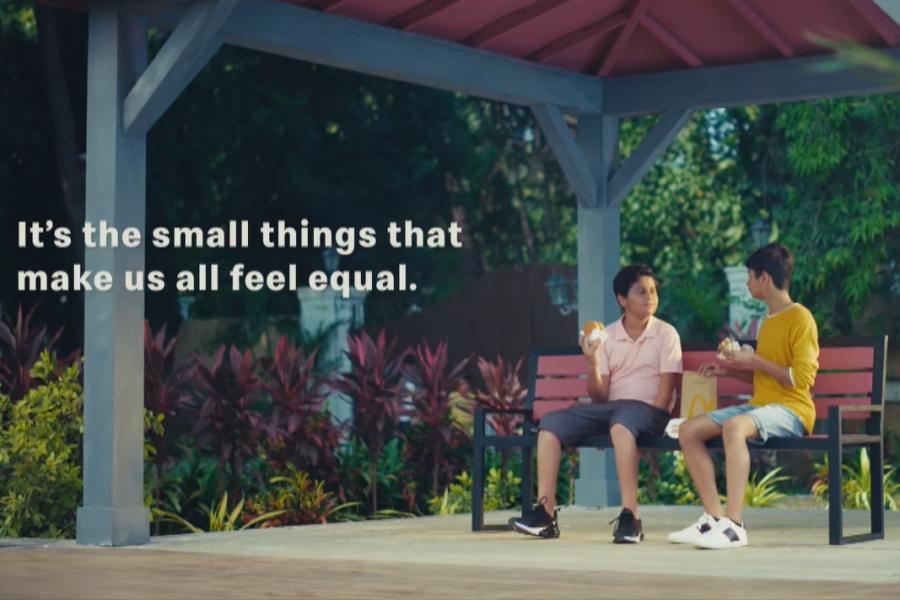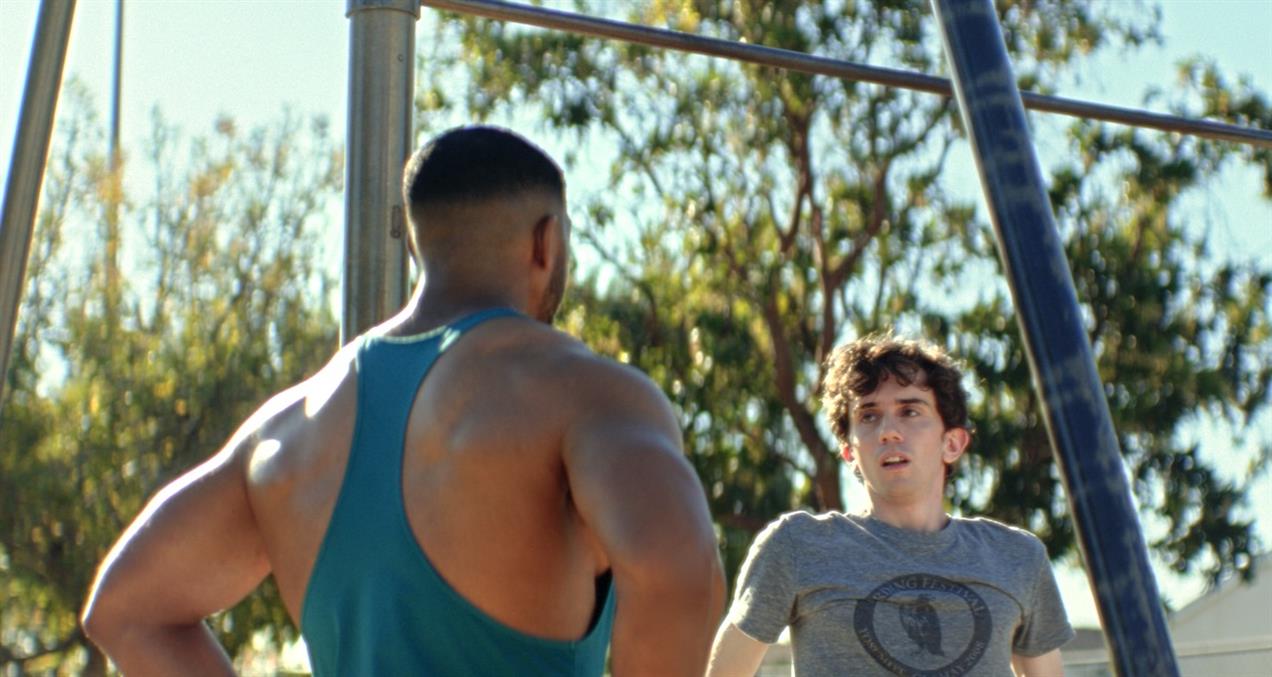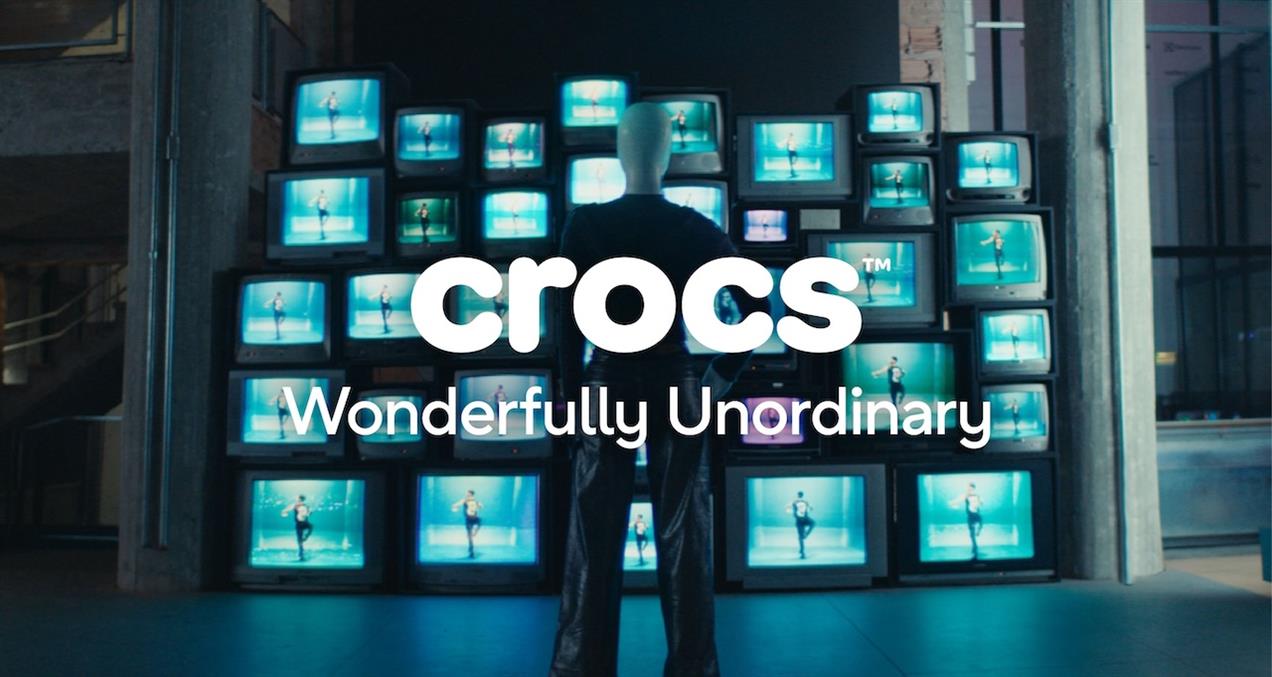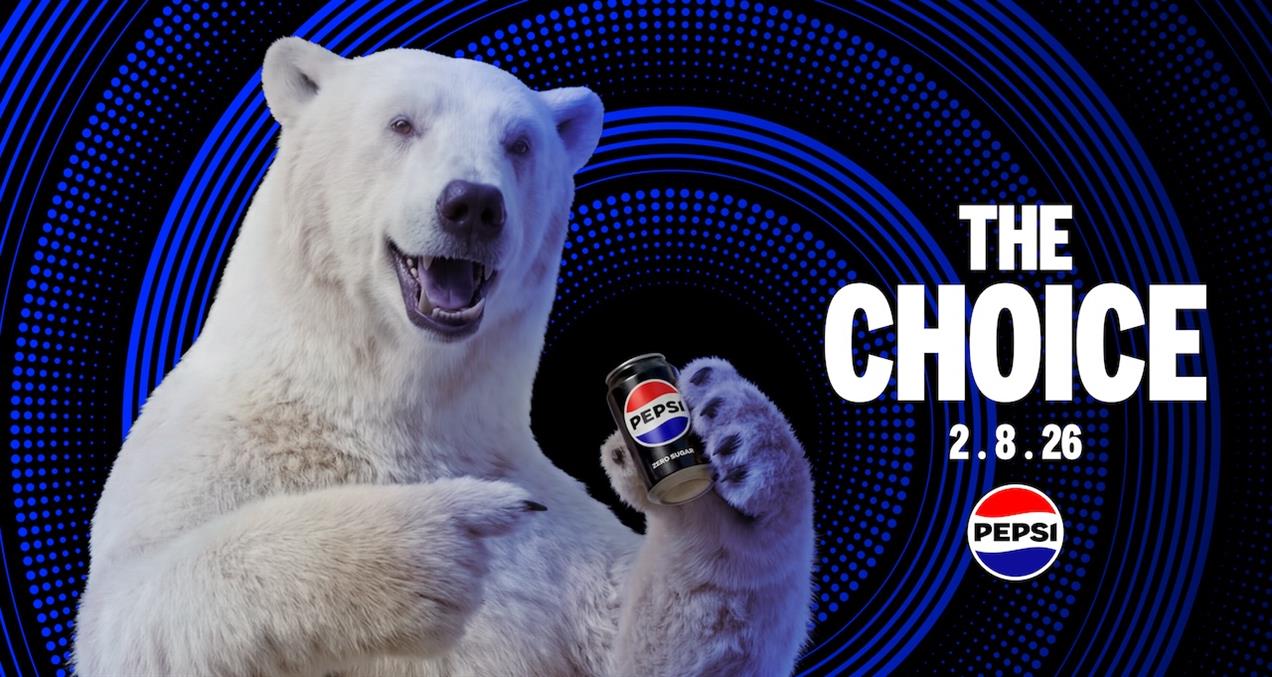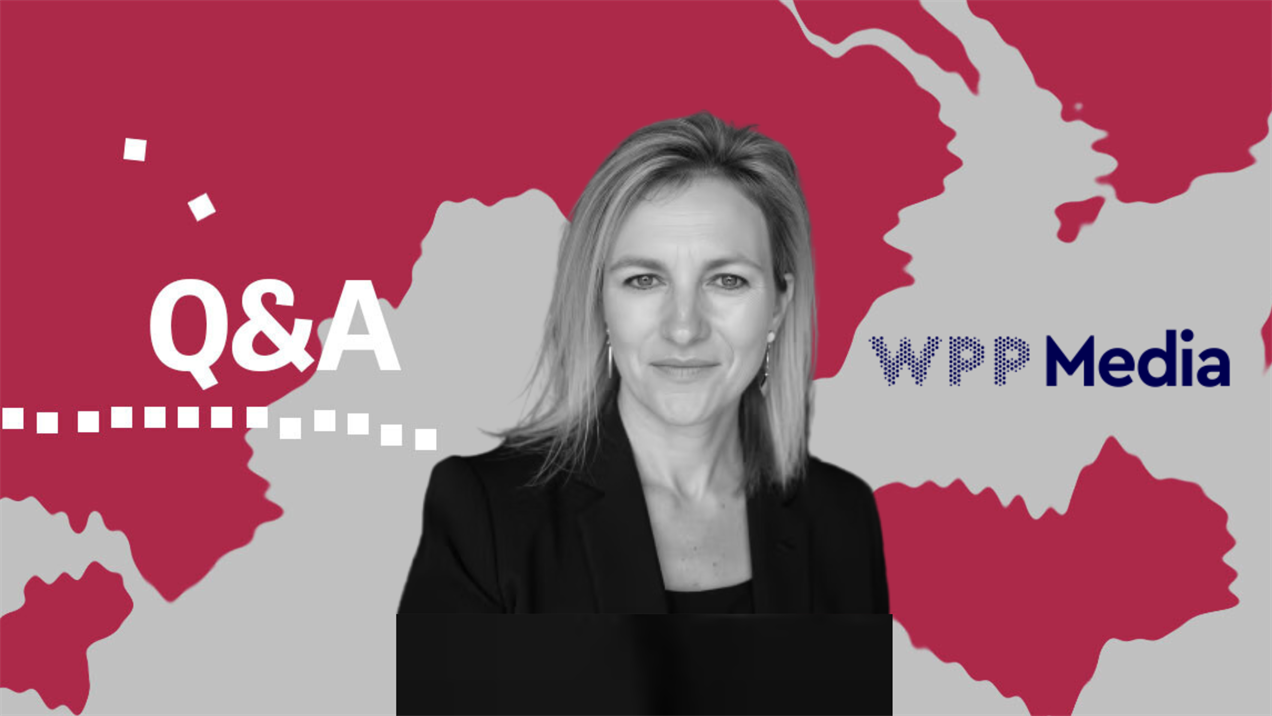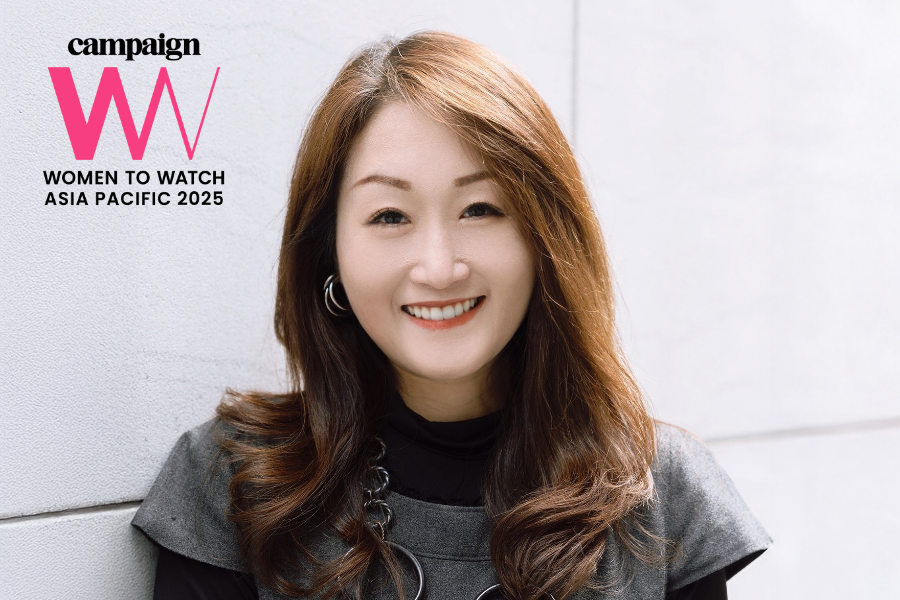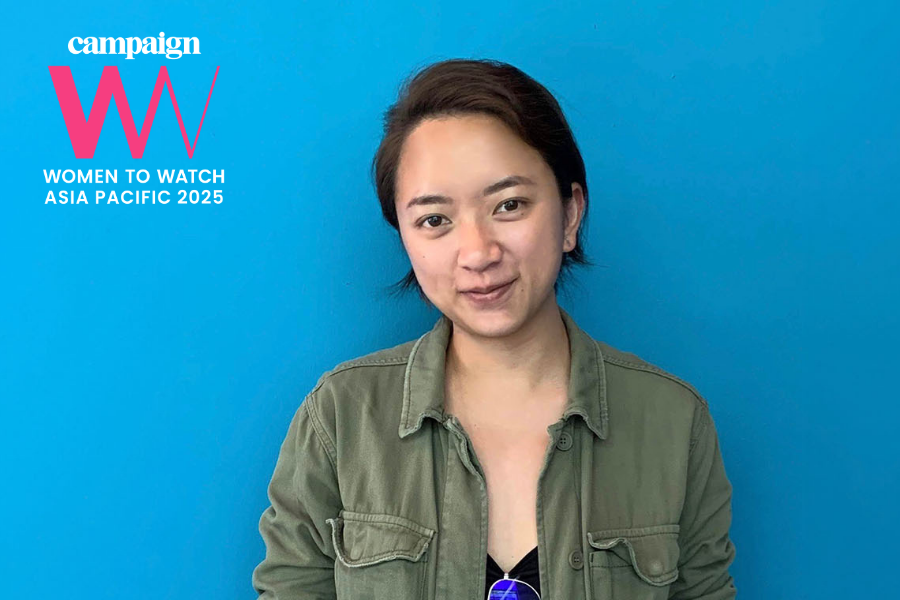The ad industry has long been mesmerized by the ebb and flow of the Windy City’s premier love triangle. Since 1981, when Leo Burnett first stole McDonald’s away from Needham, Harper & Steers, the burger giant has been a cornerstone of the agency’s business. Over the next 10 years, Burnett enjoyed a monopoly on the US national account, creating campaigns like "Good time, great taste" and "Food, folks and fun."
The account had grown more than five times larger by 1990, so even when DDB Needham CEO Keith Reinhard managed to retrieve about 15% of the business, Burnett’s share was still around a cool $250 million. Reinhard’s obsession with wooing back his old client paid off in 1997. McDonald’s flipped the two agencies, placing DDB as lead and leaving Leo Burnett with a third of the then-half-billion dollar account—kids, tweens and the Chicago region, still a substantial chunk of business.
But now the tug of war has come to an end, and Leo Burnett is left in the lurch. With the consolidation of the nearly $1 billion McDonald’s business at DDB parent Omnicom, Burnett has lost a marquee client—one that inspired industry envy and helped attract top talent.
It is not a singular woe. In the last two years, the agency has lost the Kellogg's Special K and Chevrolet Silverado accounts in addition to McDonald's, and the GMC account is now in review. Add to that the high-visibility departures of CCO Susan Credle and "Like a Girl" creator A.J. Hassan, as well as the shuttering of Burnett's New York office less than five years after it opened.
"There were three main pillars to the agency: P&G, Kellogg’s and McDonald’s," said industry consultant Avi Dan. "One is gone, P&G is still there, and the Kellogg’s business is under pressure." That leaves the agency on a shaky foundation, at least for now.
In an interview with Campaign US at Publicis New York earlier this month, global CEO Rich Stoddart stressed that McDonald’s was "less than 7% of agency revenue." But a loss of that size will lead to layoffs in the short term. Of course, the future of an agency, particularly one as storied as Leo Burnett, isn’t determined by a single client, or a single loss, no matter how noteworthy.
But the end of the McDonald’s relationship marks the end of an era—a defining one for Burnett. In the months to come as it prepares to relinquish the account on January 1, the agency will need to grapple with its new identity without its most visible client—one that shaped its culture, its history and much of its success. And it will strive to ensure the void left by McDonald’s doesn’t shape its future.
Days gone by
Burnett had its eye on McDonald’s years before the 1981 win, according to former employees familiar with the account. Burnett had fast food experience, running the Kentucky Fried Chicken account for the better part of a decade. In the late 1970s, after the KFC relationship had ended, Burger King approached the agency, offering the account without a review, but Burnett declined, knowing that it wanted McDonald’s instead, according to a former longtime Burnett account executive.

Unlike later years, the initial McDonald’s win landed Burnett the entire national account, based on the strength of a pitch that promised "more emotional content, music and a family feel," said Cheryl Berman, former chairman and chief creative officer at Leo Burnett, and now CEO and chief creative officer of Illinois agency Unbundled. At the time, Berman was a copy supervisor. She recalled the excitement the new flagship client evoked in the agency and its staff. "Everyone wanted to work on McDonald’s. Even though we were doing a lot of promotion, a lot of food commercials, it really offered you an opportunity to do the best creative of your life. For a creative person, there really wasn’t a bigger or a better opportunity."
She credits McDonald’s CMO Paul Schrage—the brand’s first—with setting demanding standards that pushed the creative team to new heights. "He told us every year that we were in the Super Bowl that we better come up in the top 3 in the USA Today poll or we’d be in a lot of trouble," she said. They did, creating memorable work like "The Showdown," starring Michael Jordan and Larry Bird in a trick shot competition, which consistently ranks as one of the best Super Bowl ads of all time.
"That was the caliber," Berman said. "’Nothing but net’ went viral before there even was viral."
But while Burnett was enjoying its success, Reinhard was planning a comeback. The McDonald’s loss had been devastating for Needham, Harper & Steers—far more so than Burnett’s current predicament. McDonald’s had accounted for two-thirds of the agency’s billings, and only an eleventh-hour Anheuser Busch win prevented heavy layoffs.
Rather than take the obvious path of pursuing a different fast food client, Reinhard swore them off, and let McDonald’s know that the agency remained perpetually unconflicted. He sent unsolicited pitches to McDonald’s every year despite continual rejections. For years, he kept a two-foot cannon in his office, pointed directly at Leo Burnett’s headquarters across town.
After Schrage brought Reinhard and his agency (now called DDB Needham) back onto the roster in 1991, the modern dynamic emerged between Burnett and DDB. Longtime rivals in the Chicago market, they were now regularly competing for McDonald’s affections, a contest that played out over the next 25 years.
Short-term losses were the price of doing business, said Steffan Postaer, a former Leo Burnett ECD who worked on the McDonald’s account at the time. "Even when they would lose one piece of the account, they would hold onto another." Lose the kids’ menu, but win the sandwich menu. "Even when you lost, you still had something, and you could always get it back," Postaer said. "There was a sense that it was a seesaw. Your day would come, and then your day would go."
Those days are over.
A slippery slope
Leo Burnett is still the 8th largest ad agency in the country, as well as the most valuable creative asset among Publicis Groupe’s holdings. It has a long list of well-known clients, even without McDonald’s: Samsung, Coca-Cola, Allstate, GM, MillerCoors, Purina, Walmart. But the loss of the fast food chain’s 7% does make every other client a statistically more significant piece of the roster. Agencies win and lose smaller clients all the time, but now the instability of accounts like GMC—which announced a review just a week after the McDonald’s loss—bears more weight.
Certainly, there’s a "magnitude" of difference between the two accounts, as Stoddart puts it. "McDonald's is the whole company. GMC is one brand in the company," he said. But after Chevrolet moved Silverado from Burnett to Commonwealth/McCann last year, a GMC loss would leave Buick the lone GM brand still in Burnett’s hands. And that looks like momentum.

More unsettling, though, would be the continued decline of Burnett’s hold on Kellogg’s, the agency’s wobbly third pillar. That relationship goes back 67 years, to 1949. "If you go to Kellogg’s and walk into reception, you see the first ad penned by Leo [Burnett] himself that they hold up and go, ‘This is the man that created our brand,’" said Mark Tutssel, global CCO at Leo Burnett Worldwide, in an interview with Campaign US at the Cannes Lions Festival earlier this year. The agency created Kellogg’s icons like Tony the Tiger and Toucan Sam.
There’s also a fair amount of employee crossover between the two companies, which can enhance loyalty and collaboration. Kellogg’s chief growth officer, Clive Sirkin, spent four years as a group MD at Burnett, for example.
But cereal sales have been slumping for years, leading to corporate restructuring at Kellogg’s—a situation that should make any agency nervous. "Long term relationships don’t guarantee you anything in life," Tutssel said. "At the end of the day, it’s a business, the business has to be healthy and the business has to grow. We have to deliver, and we have to be prolific. We have to treat it day-by-day and produce results."
Sometimes those results aren’t enough. In 2009, Burnett won a seeming coup as Kellogg's enacted a sweeping consolidation that saw JWT lose much of the global business to Burnett, retaining only the Asia Pacific region. But in July of 2015, Kellogg's shifted both the US and Latin America accounts for Special K cereal to JWT. Speaking to Campaign US, a senior WPP official characterized the 2009 move as an overconsolidation. As Kellogg’s begins to undo that move, the official said, there could be more opportunities for JWT to win over other Kellogg’s brands.
It's a tactic that worked for Philadelphia-based agency RTO+P, which won the Kellogg's Morningstar Farms vegetarian food brand several years ago.
Doubling down
How well Burnett recovers from the McDonald’s loss depends on how it reacts to it. An account loss of this size triggers a period of reflection, an opportunity to right whatever wrongs were responsible. It’s more difficult before the account actually changes hands, when employees are still producing lame-duck work—even more so when there isn’t a clear reason for the loss. Both Leo Burnett and DDB said McDonald’s told them the decision came down to the wire, that until the very end, it was still anyone’s account to win. "Through this whole process, we believed it was very close," Stoddart said. (McDonald's didn't respond to requests to comment for this article.)
But Stoddart isn’t blaming the loss on The Power of One, Publicis’ term for the holding company level solution it’s been offering for the last six months. That approach landed Walmart for Publicis in July and Hewlett-Packard’s enterprise division in August. "So I think we've got three examples," Stoddart said. "Two of them went exactly the way we wanted, one didn't, but in all three of them we're seeing the Power of One working a new way."
Still, a loss is a loss, and there will be layoffs at Burnett. If the cuts are commensurate with the size of the McDonald’s loss, they will be the biggest the agency has seen in several years. But Stoddart believes it won’t come to that. "It will be less than 7% of our head count," he said. "And it could be dramatically less. There are a lot of opportunities that we're chasing right now, some of them significant, which would have a significant impact on how much restructuring we have to do."
He emphasized that just because the McDonald’s account is gone doesn’t mean the agency is getting rid of that team. "It should never be a game of musical chairs where this thing you worked on goes sideways and therefore you don't have a job. It should be about assessing the talent we have in the building," he said.
Indeed, former members of the McDonald’s team would be an asset if Burnett—unlike Reinhard 35 years ago—decides to pursue another fast food client. The caliber of that future client and the size of the account would give a good indication of Burnett’s condition. The smaller and less prestigious the brand, the more dire the agency’s straits.
The McDonald’s loss also opens up the coffee category, which McDonald’s saw as a conflict once it started offering higher-end coffee drinks, according to a former Burnett executive. But either pickup would mean Burnett is closing the door to McDonald’s in the future. "It would not surprise me at all if Burnett picked up a competitor," Postaer said. "But once you make that deal, there’s no going back."
View from the inside
Clients aren’t the only capital an agency must hold onto—talent means as much or more. And by that measure, Burnett has suffered a loss of resources in recent years. In June of last year, lauded Burnett CCO Susan Credle left the agency for FCB. In March of this year, A.J. Hassan, the CD behind the award-winning Always "Like a Girl" campaign, headed to R/GA Chicago. That work is widely considered a high-water mark for Burnett.

Yet the view from inside Burnett isn’t bleak, even after losing McDonald’s, according to a creative director at the agency. "People are maybe a little surprised, but it’s not like this has never happened to anybody else ever before," he said. He notes that people are still working on the McDonald's account. "There’s still work to be done, so people are just kind of soldiering on."
He cited work for Samsung, Brooks Running, Always and the Art Institute of Chicago as worthy of praise and portfolio, and compared Burnett’s situation to the setbacks overcome by other agencies, like BBDO’s Pizza Hut loss and Goodby’s loss of Chevrolet.
"It was disruptive to them, but I don’t feel like it diminished their brand at all," he said of those other agencies. "I feel like they’re still doing good work and people want to work there, and people who come out of there do pretty well."
It’s a good point. Plenty of agencies have comeback stories. Look at McCann’s last three years, or the revival at Grey during the tenure of Tor Myhren. "Great agencies," Dan said, "have a tendency to bounce back."
The way forward
As a brand, Leo Burnett isn't going anywhere—on this point, all reasonable parties agree. Though the long-term future of Kellogg’s is uncertain, the P&G account—particularly Always—is as strong as ever. While Publicis Groupe would have preferred another feather in the cap of The Power of One, the holding company is far more concerned with its media losses. Besides, Publicis has demonstrated a marked disinterest in agency brands of late.
Of course, that disinterest could work against the agency, too. Why bother shoring up a network when Publicis has made clear that networks now play second fiddle to client teams? Still, there is enough value left in the Burnett brand that Publicis is unlikely to fold it into another asset.
There is consensus that Burnett needs to continue to shore up its technological capabilities, as evidenced by the June merger of Leo Burnett Detroit and Digitas LBi. But the agency is one of the few whose name is recognized by laypeople—brand equity that shouldn’t be overlooked.
And Leo Burnett engenders a profound loyalty from former employees, even years after they move on. In Chicago, itself much-diminished as an agency hub, "it’s not the only game," Postaer said, "but it may be the best game in town."

